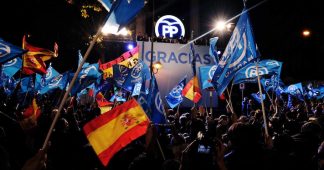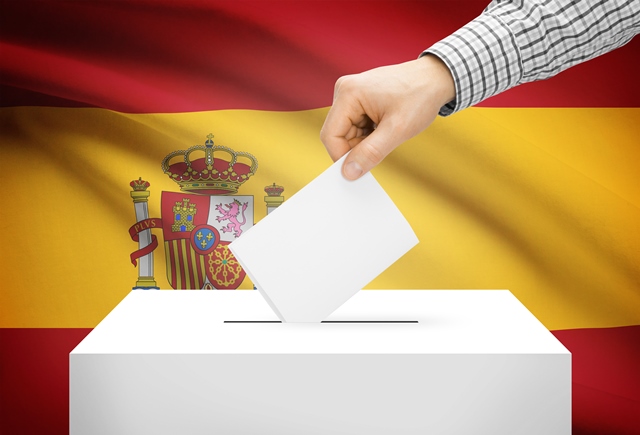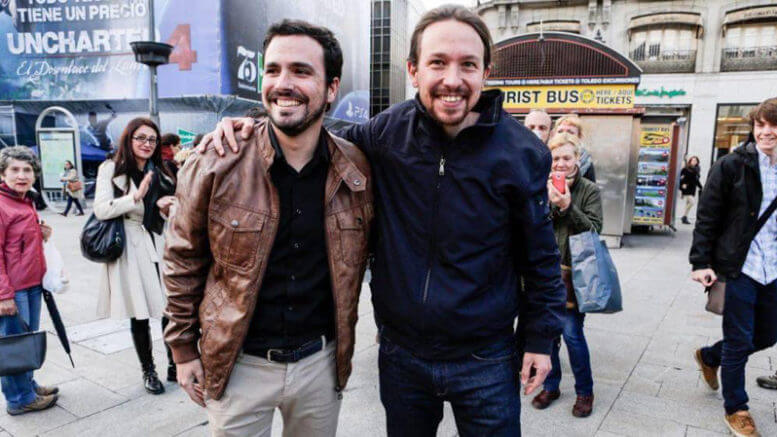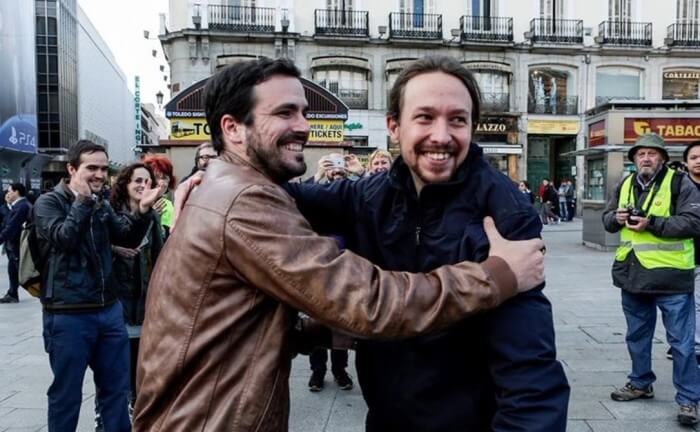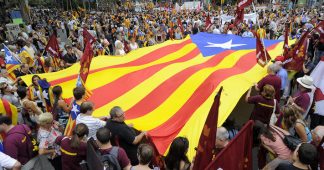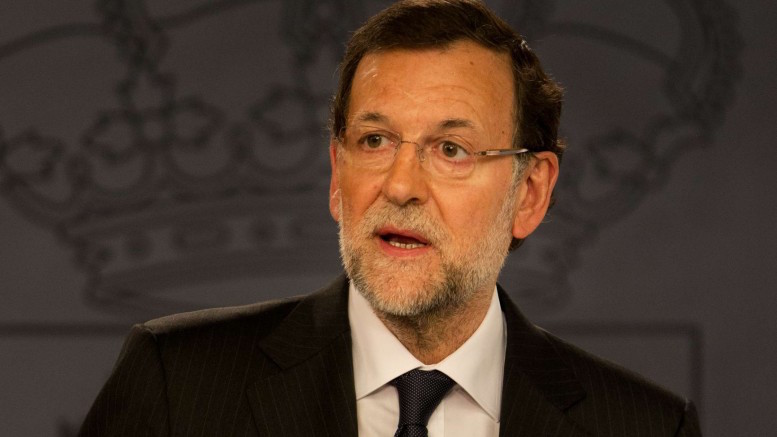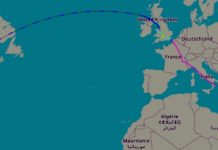By Inaki Irazabalbeitia
On June 26th this year Spanish voters went to the polls to elect a parliament for the second time in six months. The Popular Party won, but it did not get a large enough majority to continue in power.
This summer Spanish citizens witnessed a soap opera played out between the four main forces on our national political scene. The bone of contention? How to achieve a governing majority!
Let us bear in mind that in April of this year the leader of the socialist party (PSOE) Pedro Sanchez tried to become president of the government by forming a coalition with the neo-liberal party Ciudadanos. Sanchez received more “no” votes than “yes” votes. Under the Spanish system MPs are able to vote against a candidate for the presidency of the government and block him. Therefore, every candidate is required to secure a majority of yes votes if he wishes to become president of the government.
Some weeks before that, the leader of the Popular Party and acting president of the government Mariano Rajoy had renounced standing for the presidency of the government due to foreseeable lack of support, despite the fact that the PP was the largest minority in the parliament.
In the course of this summer’s soap opera the principal roles changed. Pedro Sanchez disappeared from the stage and Mariano Rajoy took over the role of courting Ciudadanos. He succeeded. The PP and Ciudadanos closed a deal to propel Mr Rajoy towards the presidency. But in doing this they still only secured 169 seats, 7 short of reaching an absolute majority. In the course of their negotiations they also won a bonus in the form of support from the ‘Coalicion Canaria’, a Canarian regionalist party, but this still only meant one more seat.
Why has Spain reached this stalemate?
- The Popular Party’s absolute majority of the last four years encouraged Mariano Rajoy to pursue a steamroller policy that spurned any attempt at compromise with opposition forces. The policy favoured by the PP was both sectarian and very conservative. Its values were closer to those of Francoism than to those of advanced democracies. The PP demolished all bridges.
- The Basque and Catalan right-wing nationalist parties had always been very helpful for the securing of majorities in Madrid. Their price is by now well-known: more powers for their nations. Both the main parties, the PSOE and the PP, at one time played the same game and by so doing won the support of the Basques and the Catalans. But the re-centralization policy carried out by Madrid, in conjunction with the closed-minded position of the PP on the self-determination referendum in Catalonia, has closed all doors to support from any of them.
- The PSOE is trapped in its own contradictions. Sanchez could not back a government led by Mr Rajoy. The loss of civil and social rights over the last 4 years, not to mention a huge number of cases of corruption within the Popular Party, preclude Sanchez from even granting Mr Rajoy a vote of abstention. The PSOE would disintegrate. Would it be possible for him to back another PP candidate? That would be easier, but Rajoy does not seem to be willing to take such a step backwards. On the other hand Sanchez would need, at least, the support of 3 of the 4 Basque and Catalan nationalist forces that are represented in Madrid if he wants to form a government of change alongside The Catalan referendum is the price. It is a price that Sanchez probably cannot afford to pay. Some important PSOE leaders are as closed-minded as PP leaders on that issue.
- Podemos fell into an identity crisis after the unexpected negative outcome in June’s elections. It sometimes seems to have nothing more than a walk-on part in this soap opera. It took no initiative, waiting for the PSOE as if it were waiting for Godot.
- There has been lots of talk and media noise but nothing more. The main parties are waiting for the outcome of the elections to both the Basque and the Galician parliaments on September 25th. Rajoy expects to secure a reaffirmed absolute majority in Galicia and so forestall the prospect of a government of change including the PSOE, En Marea (local allies of Podemos) and the BNG (left Galician nationalism). But the acting president’s greatest expectations are focused on the Basque Country. There the PP is a marginal force, but Rajoy thinks that the Basque Nationalist Party (PNV) will need the votes of the PP to be able to form a government, and that in return he will receive the votes of the PNV in Madrid. This I believe to be a delusion. With the votes of its traditional partner the PSOE, the PNV will have enough support even if the socialists are on the border of marginalization, their votes having been diverted to Podemos.
- I am sure that nothing will significantly change after September 25th unless there are unexpected outcomes. The polls give no hint of any such surprises. Both Rajoy and Sanchez will therefore be in the same position and with the same prospects as now. Probably, if both leaders were to abandon thoughts of forming a government the situation would be less complex. Under the impetus of economic actors, the PP and PSOE would rapidly reach an agreement to unblock the situation, presumably by means of ‘eine Große Koalition’.
- A third round of elections is appearing in the horizon, with elections to be held on Christmas day. This is no joke: it is a product of Spanish electoral law and its deadlines. The craziness of this date is one the reasons that the Spanish media are urging the PSOE to abstain. This shows the level of political debate in Spain. In any case, will it bring any change? I am not very hopeful. A friend of mine says that if the PSOE abstains, Rajoy will win an absolute majority.
Spain could continue like this for centuries unless Spanish policymakers admit that a democratic resolution of the Catalan situation is one of the keys for resolution of the Spanish political crisis. The left should be the ones to lead it, but social-democrats are not brave enough to dare changing the paradigm.
